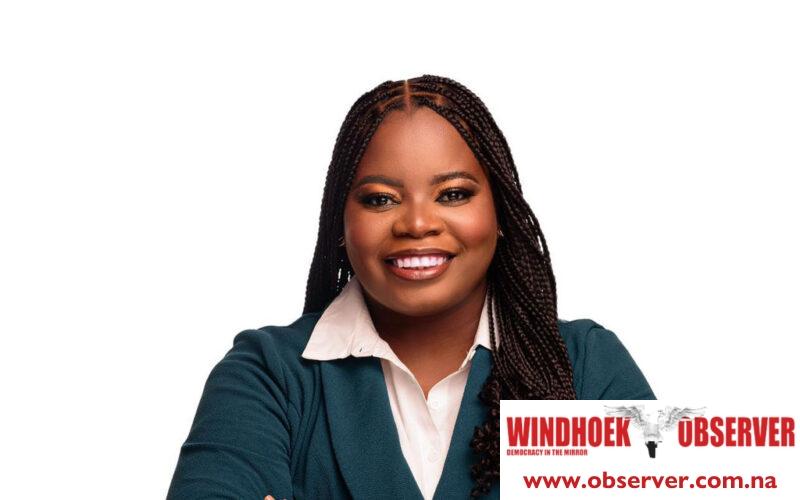Hertta-Maria Amutenja
The Popular Democratic Movement (PDM) has sounded an alarm over the persistent challenges plaguing Namibia’s education system, despite substantial investments.
PDM’s Inna Hengari, a member of parliament, stated on Monday that the 2023 Namibia Senior Secondary Certificate Ordinary (NSSCO) and National Senior Secondary Advanced Subsidiary (NSSCAS) examination results have brought to light a troubling reality that demands urgent attention.
“Despite the significant investment in education through public spending, there are still inefficiencies that affect both quality and equitable access to primary and secondary education,” she emphasised.
Hengari underscored the significance of acknowledging candidates who secured 25 points or more, highlighting their eligibility for higher learning. She also commended achievements in Technical and Vocational Education and Training (TVET) subjects, emphasising their pivotal role in shaping the country’s future industries.
However, the celebration is overshadowed by concerning statistics. Despite a marginal increase in the overall pass rate, a staggering 75 percent of candidates still fall short of admission requirements, revealing a persistent and systemic issue.
“These figures indicate a challenge that cannot be ignored, and we must address the root causes,” Hengari said. Additionally, PDM raised questions about the impact of increasing enrollments, noting a significant rise in student numbers without a proportional improvement in academic performance.
She questioned whether the government’s focus on quantity over quality is stretching educational resources thin, compromising teaching quality and infrastructure.
Furthermore, the touted progress in the pass rate is scrutinized by the PDM.
“The minimal increase fails to reflect the substantial investments made in the education sector, suggesting deeper systemic issues hindering transformative impact,” she highlighted.
Moreover, Hengari said the illusion of “Free Education” is exposed as a political manoeuvre, with parents facing unexpected financial burdens.
“The government’s hollow promise was a calculated ploy for political expedience, betraying a distrustful attitude towards the electorate’s educational well-being,” she lamented.
Namibia’s spending on education comes under scrutiny, with 80.3 percent allocated to remunerations, leaving meagre amounts for teaching materials (13.2 percent) and infrastructure (3.5 percent).
Hengari criticised the Minister of Education Arts and Culture for a lack of vision, calling for urgent intervention to replace the leadership void in the ministry.




